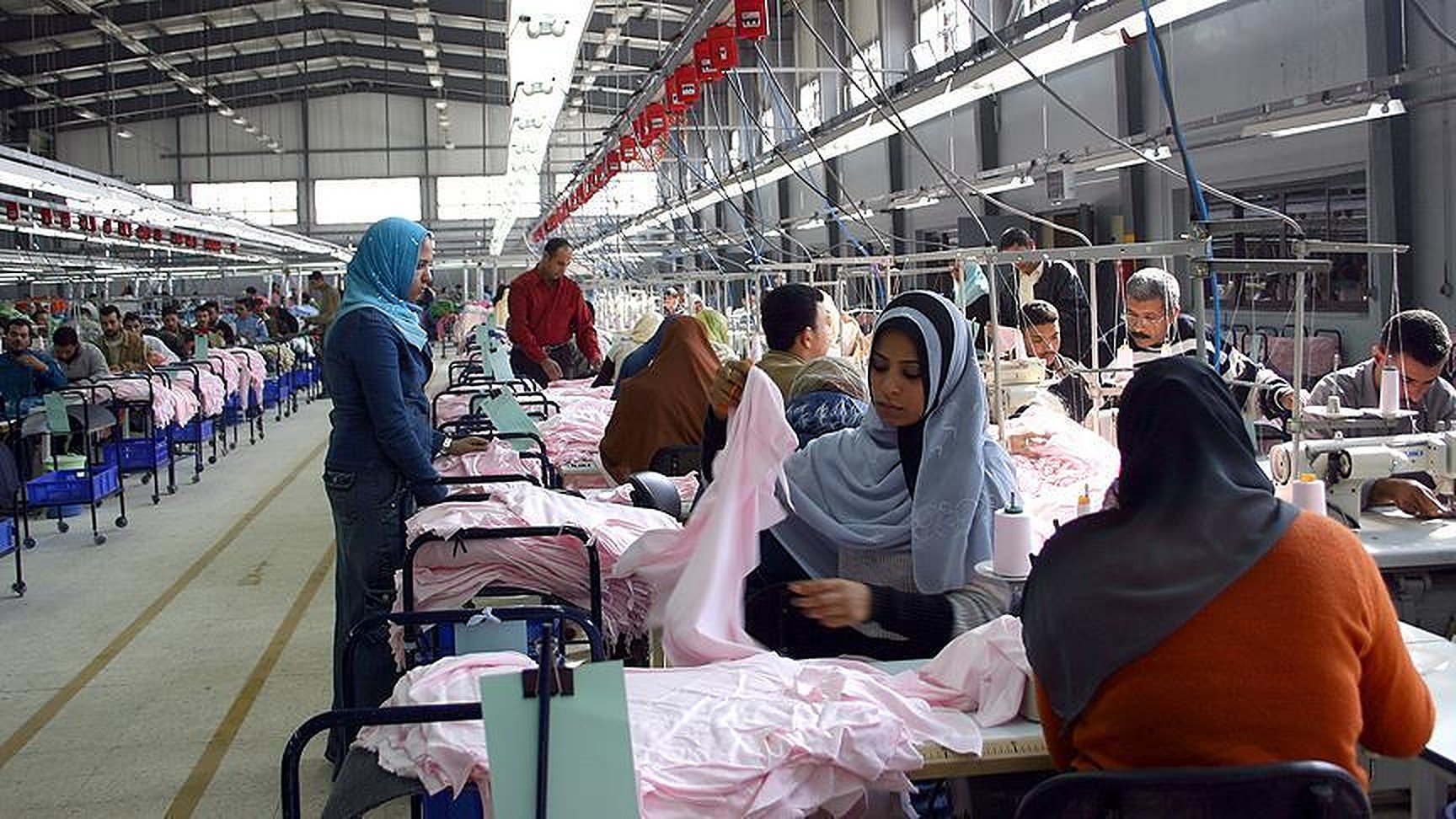“What is now happening is a big shift in Egypt’s strategy,” Karen Curtis, Chief of the Freedom of Association Branch at the International Labor Organization (ILO), tells Egyptian Streets, “it was not possible before for any other trade union organizations to freely organize, yet the new amendment to the law is a big first step to empower workers.” For most of Egypt’s history, Egyptian trade unions were dominated by the state, with the Egyptian Trade Union Federation being the only representative of worker’s voices. This largely weakened the ability of workers to voice out their concerns and collectively organize to develop better trust and working relationships. However, due to various socio-cultural and political changes, as well as the commitment of the Ministry of International Cooperation to strengthen Egypt’s inclusive and multilateral engagement with development partners, Egypt is working to prioritize and promote decent work and empower workers as part of the United Nation’s Sustainable Development Goals (SDGs). Better Work Program On Monday, the ministry held a seminar to mark the launch of the new full ‘Better Work’ program, which is a joint initiative of the ILO and the International Finance…
Egypt Pushes the Envelope to Promote Decent Work, Launches ‘Better Work’ Program
March 10, 2020



